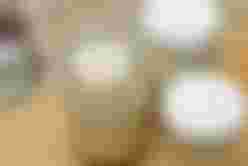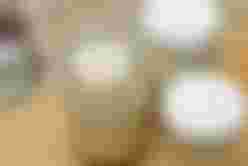Renu is a perennial herbaceous plant that originates from the Mediterranean and western Asia. The root is harvested from June to November, and the leaf is harvested from May to October. The root can be used all year round, it stays fresh if it is buried in moist sand or kept in the basement in time.
Use of renu in the diet
Meaty underground shoots, which are popularly called roots, are used for food. Renu is used as a spice and addition to meals, and is also used for medicinal purposes. Fresh root is used, which has a pungent smell and taste, and a fresh plant with flowers. We know that when we clean the roots of rhubarb, we shed tears, and for some, our sinuses work. As a supplement to dishes, freshly grated horseradish is used, especially if it is a fatty food. This exceptional spice warms the whole organism and is an unavoidable ingredient of good cuisine, and with additives such as mayonnaise, yogurt and sour cream, various sauces can be made as side dishes.

Renu is an exceptional plant that cleanses the whole organism, speeds up the metabolism and should be eaten more often, especially in the winter months. A diet rich in rhubarb is especially recommended in the diet of diabetics, so it is useful to consume it as much as possible, and rhubarb also helps against fatigue. Since the Middle Ages, horseradish has been used as a medicine, and it is used to make teas, syrups, compresses ... As we must take care of taking certain medicinal plants, so we should take too much of horseradish, of course it can cause diarrhea. and vomiting. Also, if you use tinctures, be careful, because rhubarb tincture is too strong for fresh wounds.
Lung-strengthening tea
Renu tea is very good for strengthening the lungs and the daily dose is two to three small cups. It is prepared in the following way, pour ten grams of grated rhubarb with 2 dl of boiling water and leave it covered for a few minutes. Strain and drink lukewarm.

I like the smell